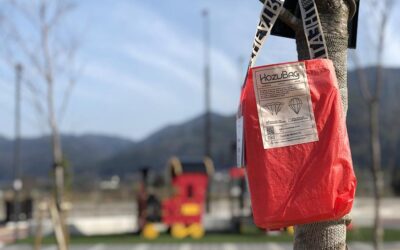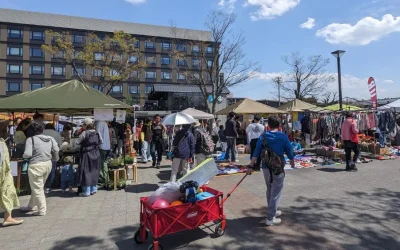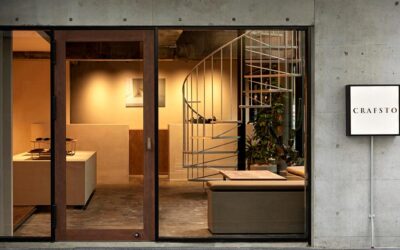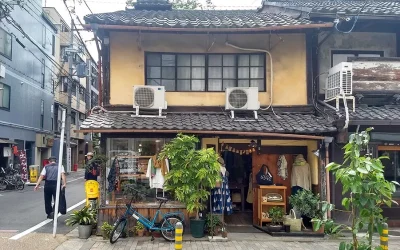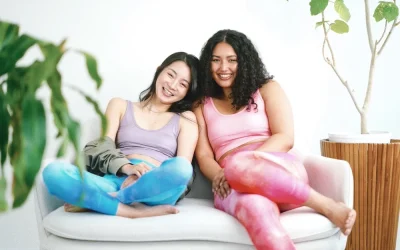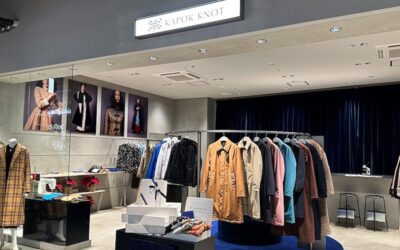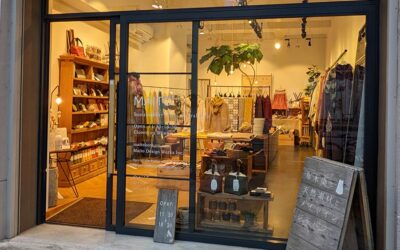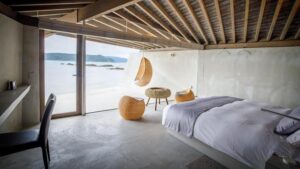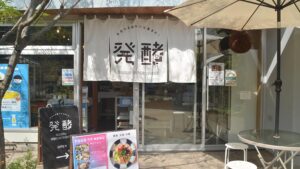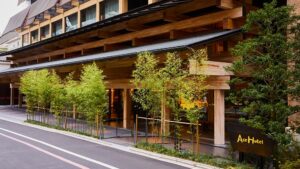Ethical women’s underwear that is good for society and environment
Yumi Komori is truly admirable for being able to tear the scripts that the fashion industry often find itself dependent on. She has started a quiet revolution with her philosophy, which reflects in one of her popular brands, Liv:ra.
Liv:ra is lingerie brand that is plant dyed. The technique Liv:ra uses is a traditional plant dyeing method called “Shinmanyo-zome” for silk and organic cotton, which has been passed down in Japan since 2000 years ago.
No doubt Liv:ra offer quality products that impacts the environment in the most minimal sense. But Liv:ra cares about the brand’s connection with the customers, producers and artisans, and the environment. It’s immediately clear why repeaters support Liv:ra: a responsible brand ensuring sustainable consumption. Liv:ra products are Made to Order, to ensure no waste due to excess inventory. Komori also ensures Liv:ra is involved in every step of the supply chain, a concept with fair trade origins. Customers are familiar with Liv:ra processes too as the company promotes transparency.
If you think about it, Liv:ra is an ethical brand, a brand that is responsible and fair to producers, customers and the environment. But Liv:ra doesn’t use the term as a catch phrase or for marketing. Because it doesn’t need to. Komori believes that we will see more and more ethical brands, and would become normalized one day. She would rather make the Liv:ra brand the main protagonist, not the word “ethical.”
It is quite amazing too when we look at Liv:ra’s sustainable business model. It is not focused on expanding the business, and has no problem maintaining a certain distance from the customers. (Like we said, revolutionary!) Komori avoids growing the business beyond a point that upsets the balanced relationship between business, society and environment. It would also grow out of an individual’s capacity to run brands freely and in an enjoyable way. Furthermore, the distance with customers not only avoids a dependency on customers to run Liv:ra, it also creates healthy relationship where customers can give feedback freely, and the leader can make ethical changes without hurting anyone.
For example, customers purchases from Liv:ra via a Made to Order system. Liv:ra then starts making the products, and customers will receive their orders the following month. Unlike TSU.NA.GU, Liv:ra does make a little more inventory to replace any defective products. This allows Komori to be creative in an ethical way: customers who want to receive the products immediately can pay more, and customers who are willing to wait can pay a cheaper price. Both are needs that exist, and Liv:ra is still able to achieve a 100% turnover rate.
You can read more about Liv:ra here. Komori also founded another sustainable fashion brand, TSU.NA.GU, which you can find out more here.




